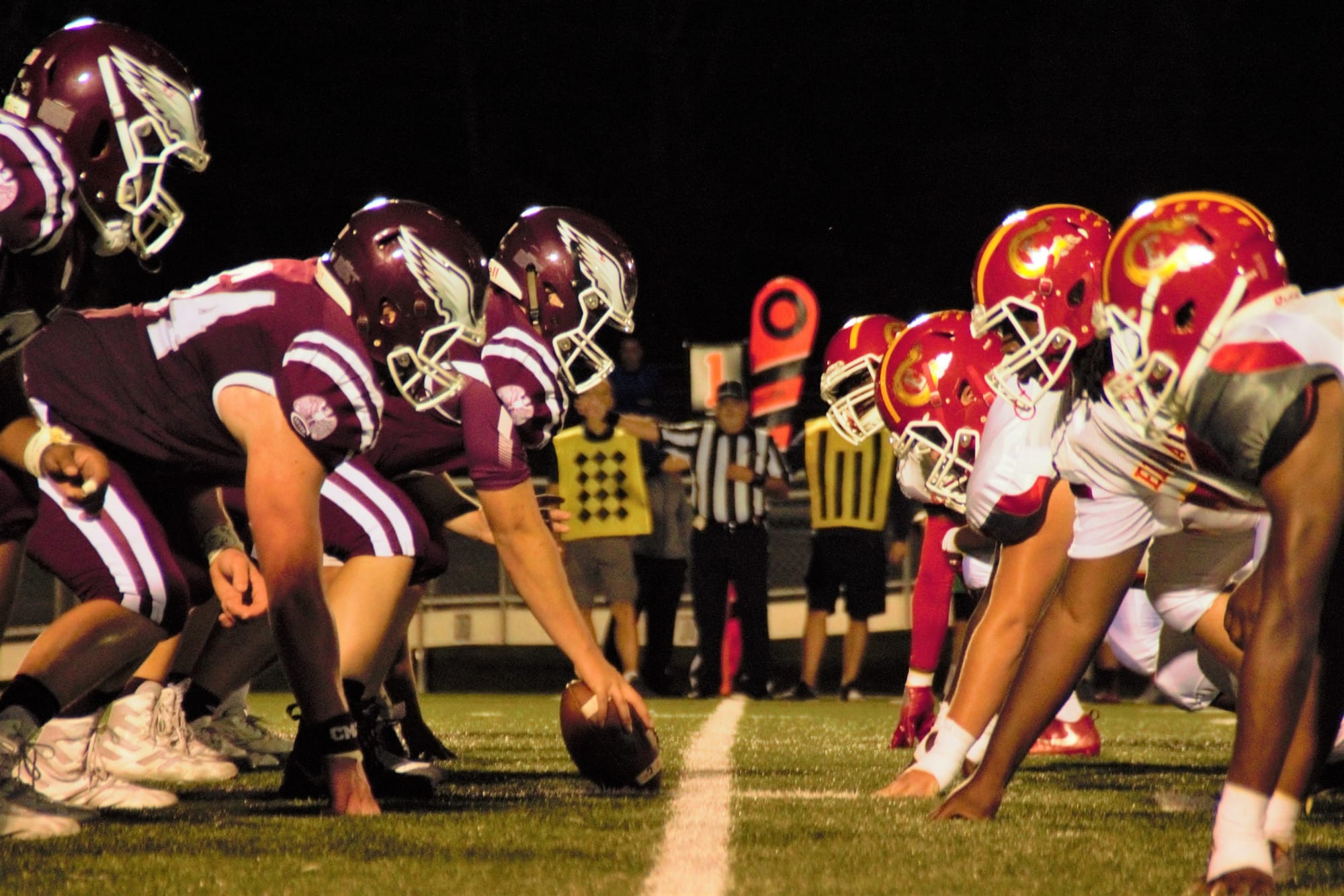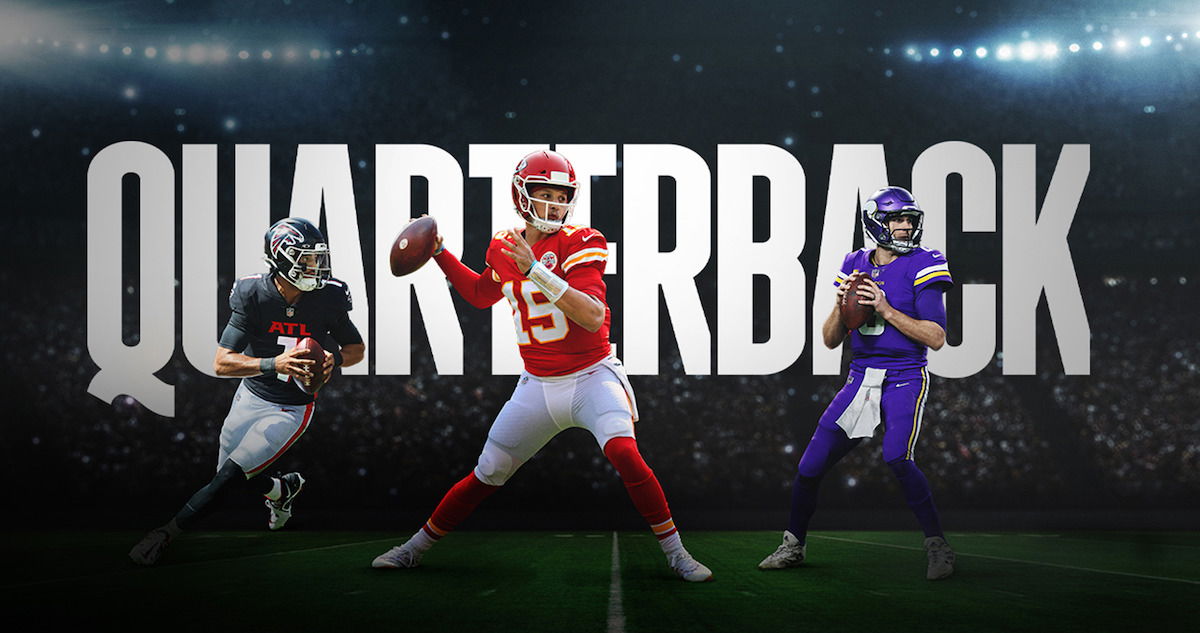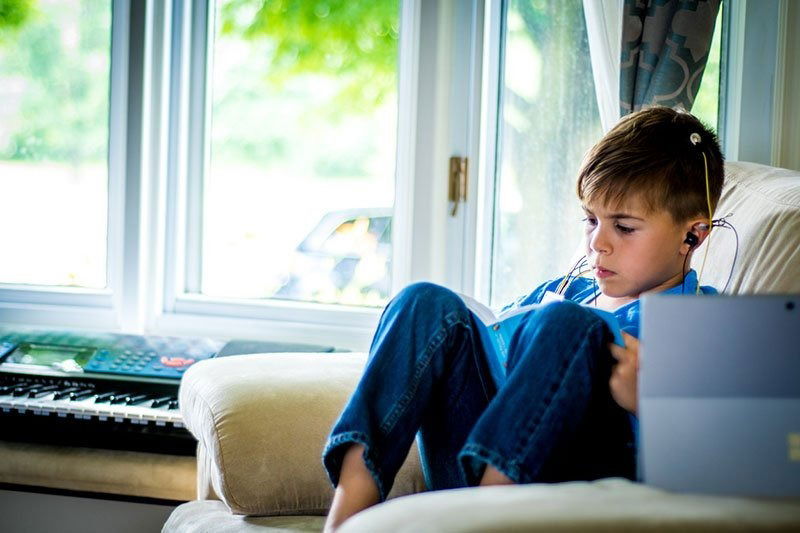Neurofeedback is not only for football players

Let me share a slice of my own story: My roots stretch back to the sweeping landscapes of Russia, where "football" paints a picture of a round ball on a grassy pitch, not the pigskin under Friday night lights. My affinity for American football is less about the sport and more about the spirit of the event. It's the joy of community and, let’s be honest, those glorious game day snacks that lure me in.
Yet, amidst the revelry, I can't shake off a certain parental-like concern for the players' safety, their heads and brains in particular. And now, let's venture into a lesser-known chapter of athletic performance – an edge that elite football players are embracing: neurofeedback. Ready to dive in? In Netflix's engrossing docuseries "Quarterback," Kirk Cousins, the skilled Minnesota Vikings quarterback, pulls back the curtain on how he keeps his performance at its peak. In a revealing episode, alongside his rigorous training, healthy sleep, and balanced diet, Cousins spotlights neurofeedback – his secret weapon.

Picture the pressures a quarterback faces – decisions that split seconds and outcomes that could tilt seasons. In that space, neurofeedback is Cousins’ cornerstone, enhancing his focus, stabilizing his emotional tenor, and sharpening his reaction times. It's these moments of peak mental clarity that could stretch to a game-winning drive. So, what’s the scoop on neurofeedback? It’s akin to a personal training session for the brain, using sensors to showcase live brainwave activity and guiding the individual toward regulating brain function. The result? A more attuned sense of self, potentially leading to greater composure, attention, and yes, even better performance on the playing field.
With consistent training, the brain learns to perform in more optimal states – boosting concentration, easing stress, and increasing physical performance. It’s as if neuroscience and athletics had a secret huddle and neurofeedback was their game plan. But let's extend this conversation beyond the locker room. Imagine a young athlete, maybe your child, wrestling with the mental game – the nerves, the highs of victory, the lows of defeat. Neurofeedback might just be the teammate they need to rise above and find their best game. And the best part?

This innovative approach isn't just for pros wearing jerseys with their names on the back. Isn't it wonderful to think about the promise of neurofeedback in sports and beyond? If you're curious, why not book a few sessions for your young competitor? Witness the transformation for yourself. Neurofeedback isn't a privilege of the few; it's a possibility for many.


